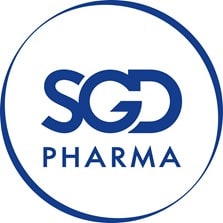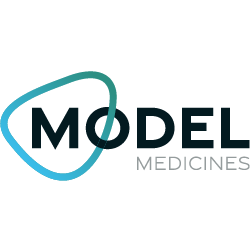Dive Brief:
- Amarin Corp. plc said Tuesday that it has hit the 90% mark of major adverse cardiovascular events (MACE) in the cardiovascular (CV) outcomes study for its prescription fish oil Vascepa — putting the Irish drugmaker on track to report data in the third quarter of this year.
- The 8,175-patient study got underway in 2011 with a goal of 1,612 MACE. A majority of those have been confirmed, and investigators are scheduling patients for final study visits beginning March 1, Amarin said.
- Vascepa is currently used to treat patients with severely high levels of triglycerides. The REDUCE-IT study is evaluating the effect of Vascepa as an add-on to statin therapy in patients whose triglyceride levels remain dangerously high.
Dive Insight:
The news pushed Amarin shares up more than 15% in heavy early morning trading Tuesday, before ending the day at $4.44 apiece, up 9.9% from the prior day’s closing.
"This is incrementally positive as it suggests good study conduct which is critical in a large, multi-year, global study and the study CV event rates are tracking consistent with statistical assumptions," Jefferies analyst Matthew Andrews said in a Tuesday investor note. "We remain optimistic for a positive outcome and see Vascepa as a multi-$B blockbuster."
Vascepa (icosapent ethyl) racked up $47.1 million in revenue in the third quarter, a 45% increase over the $32.4 million seen during the same period in 2016. If the REDUCE-IT study delivers as hoped, it could vastly expand the product’s target population.
Whether Vascepa will prove to be a major breakthrough in preventing cardiovascular events as an add-on to statin therapy remains to be seen. If the trial results are positive, Amarin will seek to have the information added to the drug’s label.
Last year, the American Heart Association advised fish oil supplements for patients with heart failure, but declined to recommend use in the general population, citing a lack of evidence of a clear health benefit. That reservation may not hurt Amarin, as Vascepa would be marketed to patients with very high triglyceride levels.












